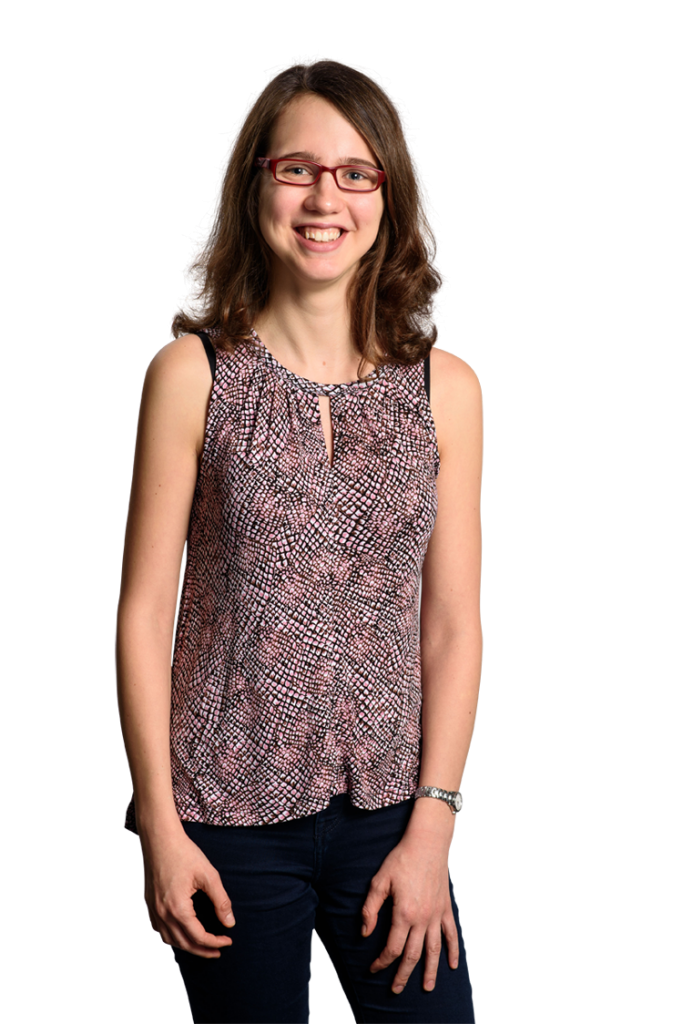I can’t believe it’s already been a year since I participated in the Three Minute Thesis competition. According to tradition, the winner judges the contestants in the following year, so on Wednesday I had the honour to sit next to prominent science communicators and watch excellent young scientists explaining their research in… three minutes.
This year the Graduate School replaced the Three Minute Thesis competition by the 4Cs Science Communication Competition. Although the idea is similar, there are some differences:
- Not only PhD, but also MRes students could participate.
- While Three Minute Thesis contestants could use only one static slides, this year almost everything was allowed: Power Point presentations, props and whatever else they were able to carry on stage.
- After the performance, judges had two minutes to ask questions. I really had to stay alert!
I could sympathise with all contestants as I had gone through the same experience. If someone ever claims that they don’t get stage fright, I’m pretty sure they’re lying! No matter how often I speak in front of audiences, it’s sill terrifying — but also fulfilling.
Every single contestant did a great job, and I’m not exaggerating here. They managed to explain engineering, biology or medicine to an ignorant mathematician, this is indeed a great achievement. However, we had to choose the excellent among the good. And there was a pretty clear pattern to what stood out.
- Surprisingly many contestants decided to stick to slides, so the ones who used meaningful props caught our attention. On the other hand, props which didn’t add anything new to the presentation had negative impact.
- A few students were brave enough to interact with the audience. This is always risky, especially with the clock ticking. And all contestants who tried managed it flawlessly!
- While presentations about the general research area were very interesting, I appreciated any information about findings and methods used by the presenter. Don’t underestimate your research, as your everyday tasks might fascinate lay audience.
Not surprisingly, the laureates satisfied most of these, admittedly subjective, criteria. Alastair, Emmanuel and Leah, huge congratulations!
All PhD and MRes students at Imperial, make sure you participate next year. I promise, you won’t regret!



